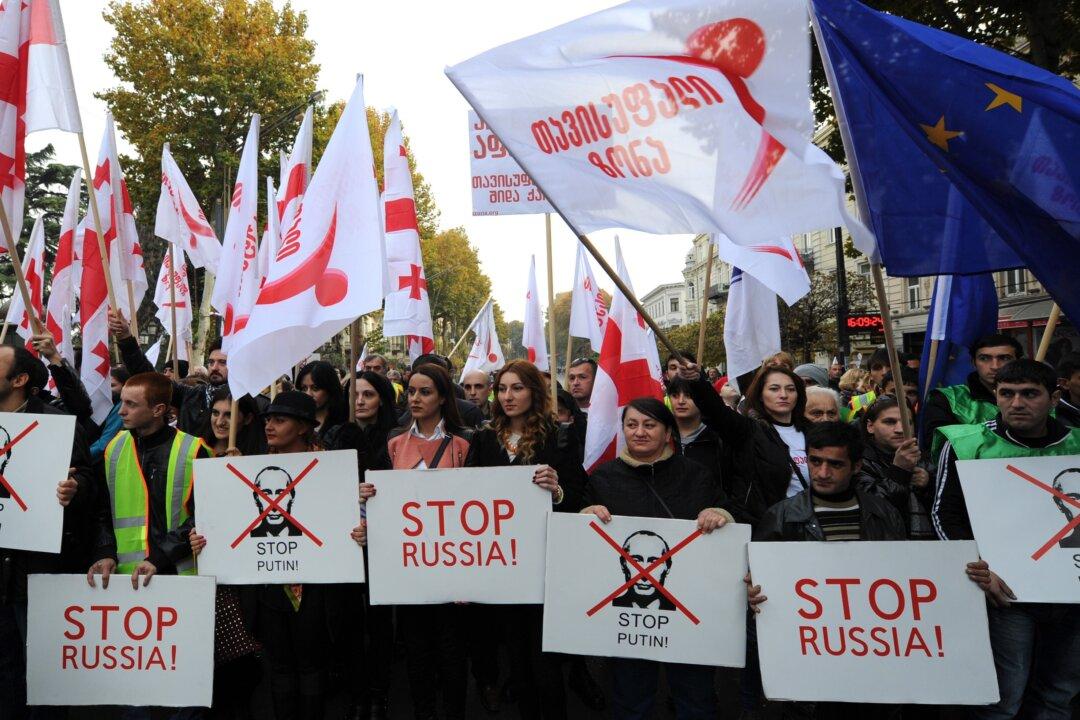News Analysis
The Russian Federation may be facing yet another development in its litany of troubles since President Vladimir Putin began the invasion of Ukraine: a mass exodus of highly skilled tech workers from Russia.

The Russian Federation may be facing yet another development in its litany of troubles since President Vladimir Putin began the invasion of Ukraine: a mass exodus of highly skilled tech workers from Russia.